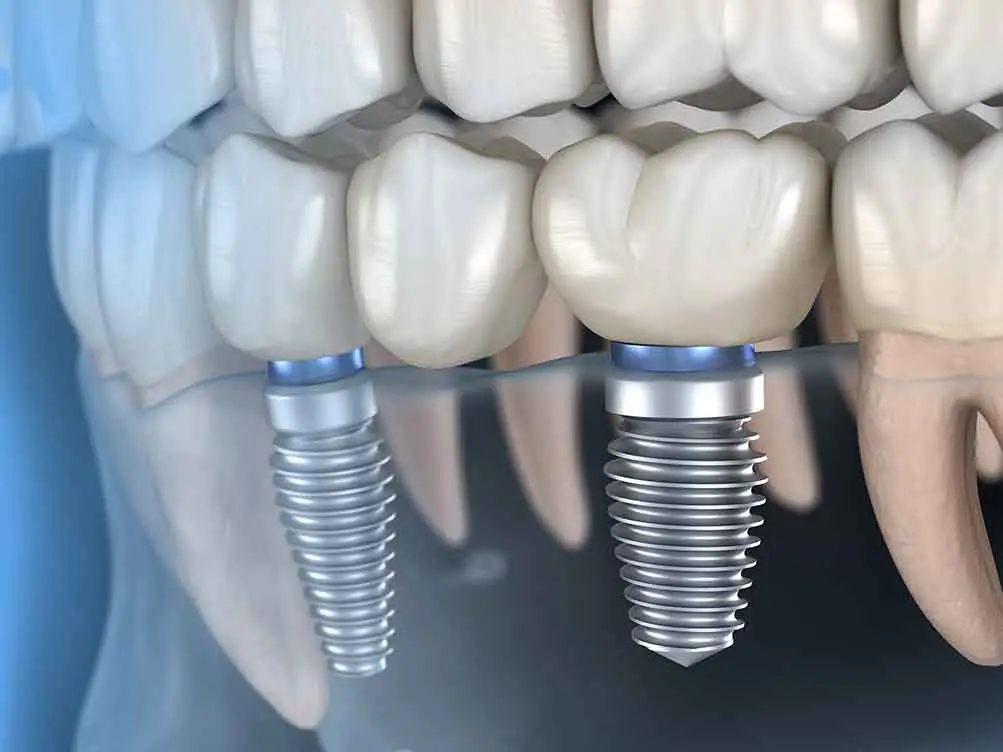A dental bridge is a fantastic solution for replacing missing teeth, improving your ability to chew and speak, and maintaining the shape of your face. To ensure the success and longevity of your new bridge, it’s essential to follow a comprehensive post-operative care regimen. This guide is dedicated to helping you navigate the aftercare process, ensuring a smooth recovery and the enduring health of your dental bridge.
Immediate Aftercare
1. Adjusting to Your Bridge
- Sensitivity: It’s common to experience some sensitivity to pressure, temperature, or sweets in the days following your bridge placement. This sensitivity should gradually subside. Using toothpaste for sensitive teeth can help alleviate discomfort.
- Eating: Until the numbness from anesthesia wears off, avoid eating to prevent biting your cheek or tongue. Start with soft foods and gradually reintroduce your regular diet as you become comfortable with your new bridge.
2. Oral Hygiene
- Cleaning Around Your Bridge: Proper cleaning is crucial to avoid food accumulation and plaque build-up under and around your bridge. Brush gently but thoroughly twice a day and use a floss threader or water flosser to clean beneath the bridge.
Diet and Lifestyle Adjustments
1. Nutrition
- Mindful Eating: While your dental bridge is designed to function like your natural teeth, being mindful of extremely hard or sticky foods can help prevent damage. Foods such as hard nuts, candy, or ice should be consumed with caution.
2. Habits to Avoid
- Chewing Non-Food Items: Avoid chewing on pens, fingernails, or other hard objects that could compromise the integrity of your bridge.
- Smoking: Smoking can hinder healing and negatively affect the longevity of your dental bridge. Consider quitting or reducing smoking for your overall oral health.
Long-Term Care
1. Oral Hygiene Routine
- Daily Cleaning: Use a soft-bristled toothbrush and non-abrasive fluoride toothpaste. Floss daily with the aid of a floss threader to remove plaque and food particles from under the bridge and between your teeth.
- Professional Cleanings: Regular check-ups and professional cleanings at Palmetto Family and Cosmetic Dentistry are vital. These visits allow for the early detection of potential issues and the maintenance of your overall oral health.
2. Bridge Maintenance
- Protect Your Bridge: Wear a mouthguard during sports and consider a night guard if you grind your teeth. Protecting your bridge from undue stress can extend its lifespan.
- Regular Inspections: Be attentive to changes in the fit or feel of your bridge. If you notice any looseness, discomfort, or difficulty chewing, schedule an appointment with us.
Monitoring for Potential Issues
- Prompt Attention to Discomfort: If you experience persistent or significant discomfort around your bridge, it might indicate an issue that requires professional attention.
- Gum Health: Pay close attention to the health of your gums around the bridge. Inflammation, bleeding, or recession can impact the success of your bridge and should be addressed promptly.
At Palmetto Family and Cosmetic Dentistry, we’re dedicated to ensuring your dental bridge enhances your quality of life and smile for years to come. By adhering to these post-operative care instructions, you’re taking an essential step towards maintaining your dental health and the longevity of your bridge.
Remember, your bridge is an investment in your smile, and taking care of it is paramount. Should you have any questions or concerns during your recovery or in the future, our team is always here to support you. Welcome to the confidence and comfort of your complete, restored smile!

